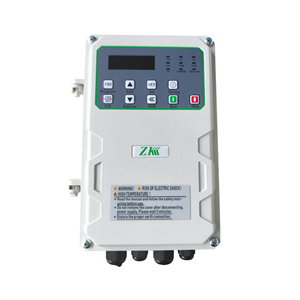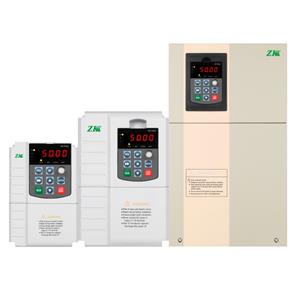photovoltaic-irrigation-systems
Photovoltaic irrigation systems also play a crucial role in enhancing agricultural resilience against the impacts of climate change in summer. With climate change leading to more frequent and severe heatwaves, droughts, and extreme weather events, farmers need reliable and adaptable irrigation solutions. Photovoltaic systems are modular and can be installed in various locations, making them suitable for both large-scale farms and smallholder plots. They are not dependent on the stability of the power grid, which can be vulnerable to summer storms or overloading. This independence ensures that irrigation can continue even in the face of power outages, safeguarding crops and minimizing losses.
Furthermore, these systems support crop diversity and quality during summer. Different crops have varying water requirements in the hot months, and precise irrigation is essential for their growth and development. Photovoltaic irrigation systems can be integrated with smart technologies such as sensors and timers, allowing farmers to control the amount and timing of water application. This precision irrigation ensures that crops receive the right amount of water at the right time, promoting healthy growth, reducing the risk of diseases caused by over-irrigation, and ultimately improving crop quality and yields. For example, fruits and vegetables grown with proper irrigation in summer tend to have better taste, texture, and nutritional value.
In rural areas, photovoltaic irrigation systems also have a socio-economic impact during summer. By ensuring a stable water supply and reducing energy costs, they help farmers maintain their livelihoods. Increased crop yields and quality translate into higher income for farmers, improving their living standards. Additionally, the installation and maintenance of these systems create local employment opportunities, boosting the rural economy. In regions where access to electricity is limited, photovoltaic irrigation systems can also provide a secondary benefit of supplying excess electricity to nearby communities, enhancing the overall quality of life.
In conclusion, photovoltaic irrigation systems play an indispensable role in summer. They address water scarcity, ensure energy efficiency and cost savings, promote sustainability, enhance agricultural resilience, support crop diversity and quality, and have positive socio-economic impacts. As the challenges of climate change and resource scarcity intensify, the adoption of photovoltaic irrigation systems will become increasingly important in securing global food production and building a more sustainable agricultural future.
Get the latest price? We'll respond as soon as possible(within 12 hours)
more products
News
Featured Products
Contact Details




